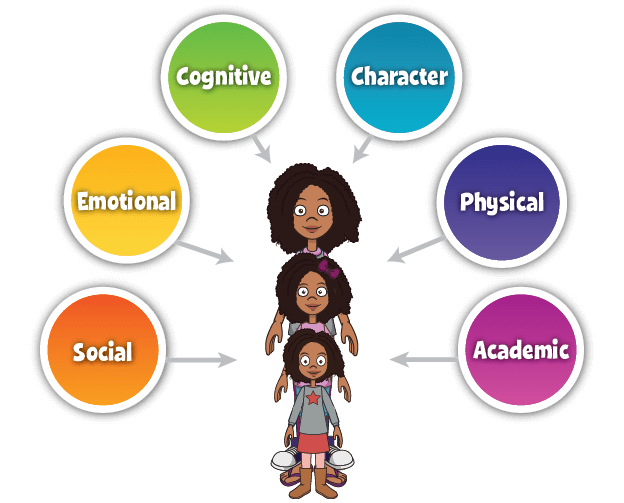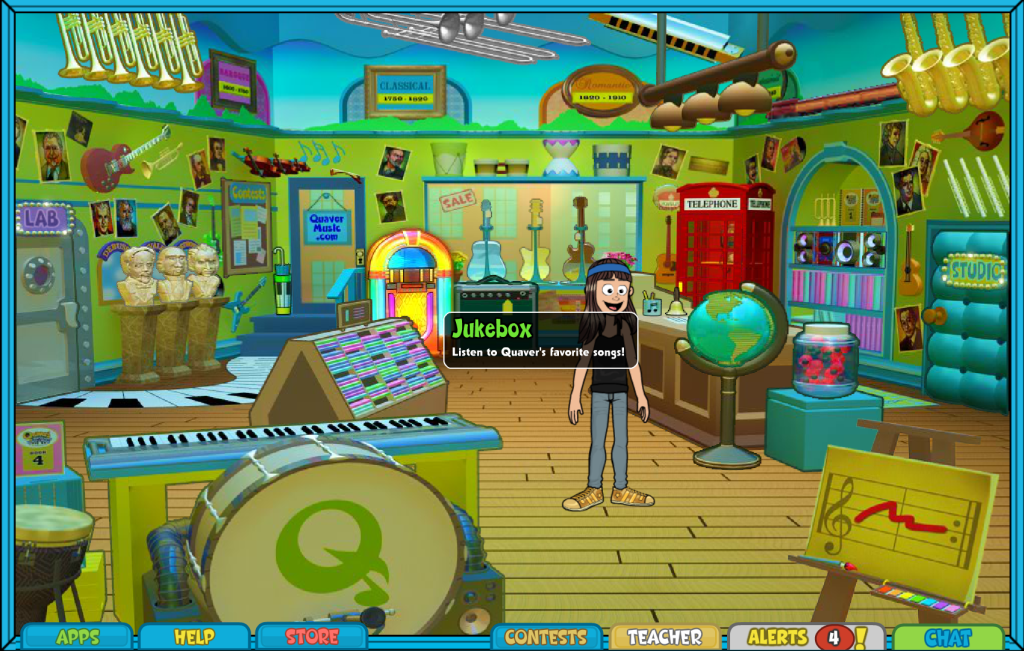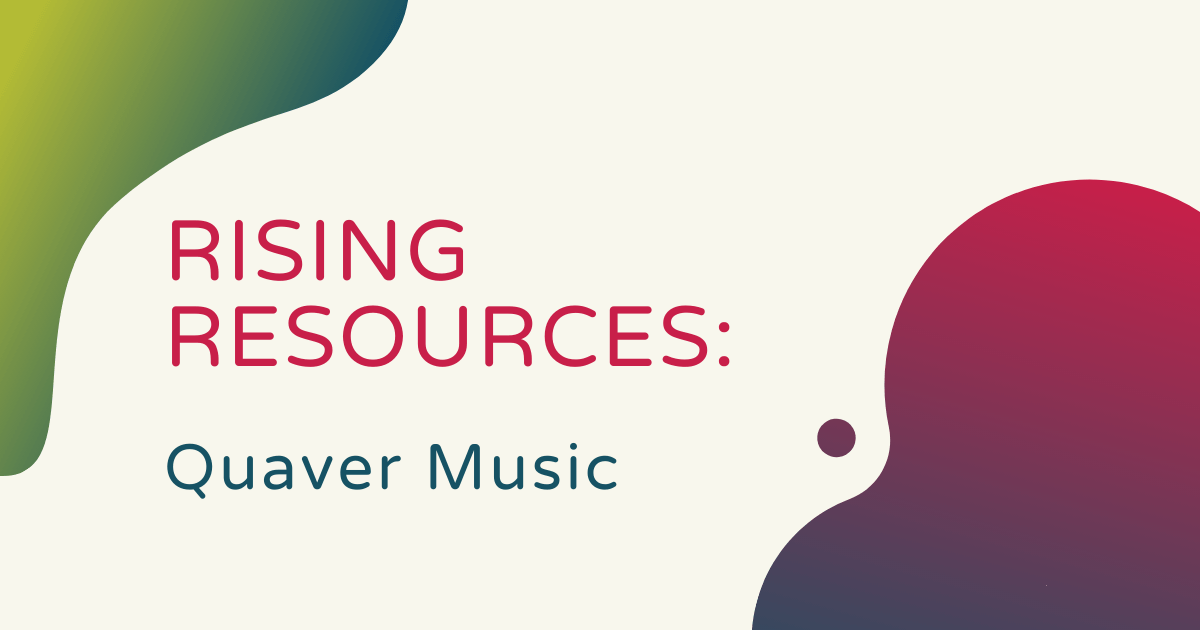If you’re an educator who believes in the power of social-emotional learning (SEL), Quaver is a tool worth exploring. Combining music and technology for effective SEL experiences, Quaver helps enrich student life and empowers them to better nurture the relationships that they build both in and out of school, including with technology. They’ve created digital resources for educators to use, specifically in music classes, to help children connect more deeply with academic content and their peers. This includes Quaver content geared towards SEL with a library that can positively impact social, emotional, and artistic development.
The Quaver SEL team has been developing online curriculum for K-8 education since 2009. Focusing on general music education, they’re in almost 10,000 schools worldwide, including in all 50 states and in 30 countries. Their team strives to keep music at the heart of their efforts but they have also collectively taken their own lessons to heart by constantly working on creating genuine relationships with music teachers and delivering cutting-edge teaching and learning experiences that help shape well-rounded students.
Designing an SEL curriculum.
Essentially, they've combined students' need for well-rounded education (often captured through STEAM learning) with demand for easily accessible teaching resources. With Quaver's SEL-focused lessons and materials, they’ve helped bridge these important areas of instruction and expression and provided a unique way for educators to teach SEL skills through music.

To start exploring Quaver, you first must create an account, including a Quaver name, a password, and an email address. You’ll also need to provide a QuaverCode to create your account. There are three types of QuaverCodes: one for teachers, one for students, and one for anyone to explore Quaver. Instructions for how to use the QuaverCode to access Quaver are available on their site.
Utilizing the Quaver SEL instructional resources.
Once you are ready, you can then access the resources within Quaver, including the SEL materials. The materials are perfect for music educators to teach their students more than just music. Music is a bridge that could help educators impart lasting wisdom on their students and, now more than ever, that includes valuable social-emotional skills—as long as they implement those lessons strategically.
Knowing that every student has social and emotional needs as well as physical and intellectual needs, the content addresses both. Music, art, and even drama classes can be outlets for kids to express themselves without worrying what others will say. And, showcasing their artistic talents should be something for them to enjoy—not fear—which is where SEL matters.
Developing soft skills and SEL competencies.
The music-based SEL resources from Quaver (they have others, too) help students develop some of their most important soft skills. These are not limited to academic skills and include some important SEL skills, like self-awareness, relationship building, and personal safety. After extensive research into the relationship between music and SEL, the Quaver team leveraged the power of music in creating this truly SEL-focused curriculum that helps with whole-child development.

To bring social-emotional learning alive, the QuaverMusic curriculum includes various activities and songs that relate to SEL competencies. As for instructors, the curriculum also has tools for classroom educators and counselors to address the most important elements of SEL (self-management, self-awareness, social awareness, responsible decision making, and relationship skills) by tying them into music.
Music can help students gain new academic and emotional appreciations for STEAM lessons. To learn more about Quaver and their resources for teaching SEL and music, head on over to the QuaverMusic website. If you’re looking for SEL inspiration, we encourage you to explore our SEL page for more on creating meaningful learning. Be sure to follow us on Twitter and Instagram as well!



